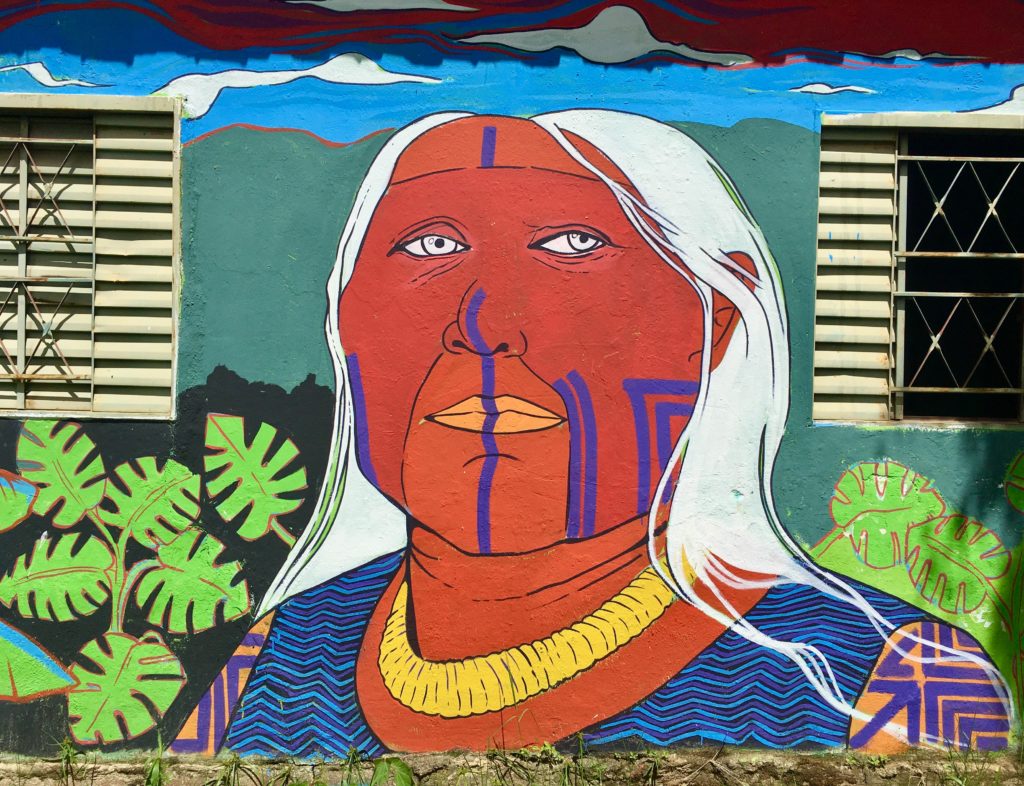Our Relationship With Plant Medicines

Whenever I think of my abuelita, I think of her soft healing hands. Her whispers to the plants like she was sharing secrets with them. Her knowledge and cure to everything from a stomach ache to a heartache.
My relationship with our plant relatives started early. And as much as I wish I could say it has always been perfect; like people often do in relationships, I made mistakes.
For many years I turned my back to them in an attempt to fit in a world that looks at them differently.
As possessions, not relationships.
As objects, not living beings.
In my return to showing up as the Indigenous woman I was born and raised as; I’ve noticed how this all connects.
In fact.
As Indigenous people, we have a lot in common with the plant medicines of our land.
We can see how the plants moved with us all across the continent.
Like our tobacco medicine, my blood is connected to all four directions of this land. North, south, west, and east.
And where we disappeared, they disappeared too.
When we were taken, so were they.
We were not the only ones to be misunderstood and then punished for it. They were too.
But as we return, so do they.
And we learn again that the relationship with plant medicines is not much different from our relationships with loved ones. Not one can do all the work.
We need each other.
Plants are givers. They will give us the medicines we need as long as we care for them as our family. But the moment we take without giving back, the relationship is not in balance anymore.
It’s rocky and we ask ourselves,
Will it survive?
It will. As long as we remember to treat them right. To give as much as we take. To treat them as a dear old friend or a relative.
Not as objects sitting on a shelf inside of Whole Foods.
It makes me think of all those times I’ve seen people smudge their homes and yoga studios with our medicines.
I can’t help but think,
What good does it do to smudge with a medicine that was taken without respect?
What good does it do to smudge your buildings when the home of these medicines, our home, is threatened?
How are these medicines suppose to grow and survive when there are no more rivers? When all the ground that is left to walk on is concrete — where will the medicines go? Where will we go?
I ask for people to see that every day Indigenous people sacrifice their lives to protect our land and water. Not to claim ownership but to protect and sustain life.
When native people ask you to not exploit and appropriate our cultures and medicines. It’s not to be gatekeepers. It’s to protect.
It’s asking you to work on these relationships before you take.
Would you walk up to a stranger and demand them to give you everything they got?
No. At least I hope not. I’m guessing you would build a relationship first. Get to know them. Learn what they need, show up for them. You would come to a point in your relationship when you’ve built a foundation. You support each other. You have your roles, your strengths, and your weaknesses. Together you compliment each other.
The relationship with plants, with our land and water. It’s not different. You have just learned to look from a perspective that does nothing but create imbalance, hurt, and separation.
But it’s not too late. You can still show up.
Break that belief that has taught you we are different and not related. That we are not depending on each other.